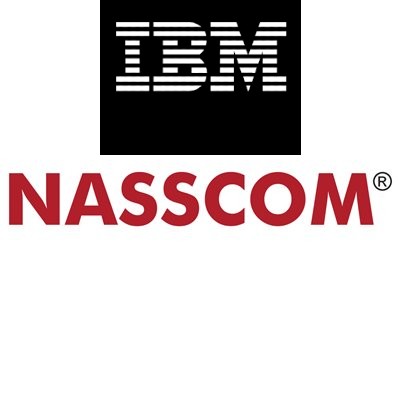Claims real impact on European companies that also export from other countries to India considerably higher
New Delhi, NFAPost: The European Union (EU) has claimed that up to €600 million of its technology exports to India were adversely impacted annually due to India’s imposition of tariffs on information and communications technology (ICT) products.
“The volume of EU exports of such technology affected by India’s violations is up to €600 million annually. While this is already significant, the real impact on European companies, which also export from other countries to India, is considerably higher,” it added.
Major European technology companies include Ericsson, Siemens, Nokia, and Infineon Technologies, among others.
On Monday, the dispute settlement body of the World Trade Organization (WTO) ruled that India’s imposition of tariffs on mobile phones and electronic components violates its commitment under the Information Technology Agreement under the multilateral trade body. However, the verdict is unlikely to have any immediate impact as India is likely to appeal against the judgment at the appellate body of the WTO, which remains dysfunctional due to lack of members.
World Trade Organization (WTO) Executive Vice-president and Commissioner for Trade Valdis Dombrovskis said in a statement that he welcomes the WTO panel’s verdict and hope India will act swiftly to remove all illegal tariffs.
“India is an important trading partner of the EU, although our trade and investment flows are still below their potential. Strict respect by India for its WTO commitments will send a clear and positive signal to European businesses that India provides an open, predictable, and attractive business environment. This is even more relevant at a time when we are negotiating an ambitious trade deal with India,” said World Trade Organization (WTO) Executive Vice-president and Commissioner for Trade Valdis Dombrovskis.
On May 8, 2021, the EU and Indian leaders agreed to resume negotiations for a “balanced, ambitious, comprehensive, and mutually beneficial” trade agreement, and to launch separate negotiations on an investment protection agreement and an agreement on geographical indications. Leaders also agreed to link trade negotiations to finding “solutions to long-standing market-access issues”.
The fifth round of negotiations between the EU and India for a free trade agreement (FTA) will be held in New Delhi from June 19-23. Both sides accelerated work on negotiating texts for an FTA and initiated discussions on the modalities of the exchanges of offers on market access in goods, services, investment, and public procurement during the fourth round of negotiations that concluded last month in Brussels.
The European Commission in a statement earlier this month said while both sides have a “deeper understanding” of the sensitive issues in the trade chapter, divergences remained.
“Both India and the EU agreed to continue internal discussions to bridge as many differences as possible during the next round,” the statement added.
In April last year, both sides also established the Trade and Technology Council (TTC), a strategic mechanism to focus on trusted technology and security in the wake of rapid geopolitical changes — a move that is expected to deepen their strategic relationship.
The first meeting of TTC is expected before June. The ministerial meeting will be co-chaired on the EU side by Executive Vice-Presidents Margrethe Vestager and Valdis Dombrovskis, and on the Indian side by Minister of External Affairs Subrahmanyam Jaishankar, Minister of Commerce and Industry Piyush Goyal, and Minister of Electronics and Information Technology Ashwini Vaishnaw.
Business Standard reported on Tuesday that the EU had approached India to resolve the trade dispute over ICT tariffs through a multi-party interim appeal arbitration arrangement (MPIA), an alternative mechanism for settling commercial disputes in the absence of a functional appellate body at the WTO. However, India refused as it is against MPIA as a mechanism and is in favour of the restoration of the WTO appellate body.





